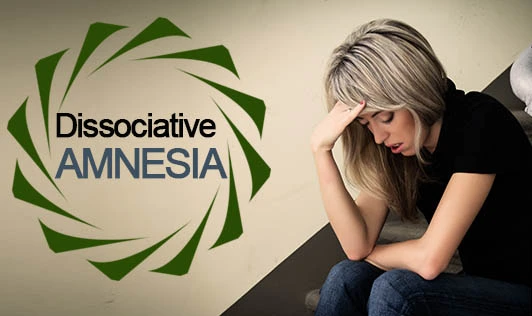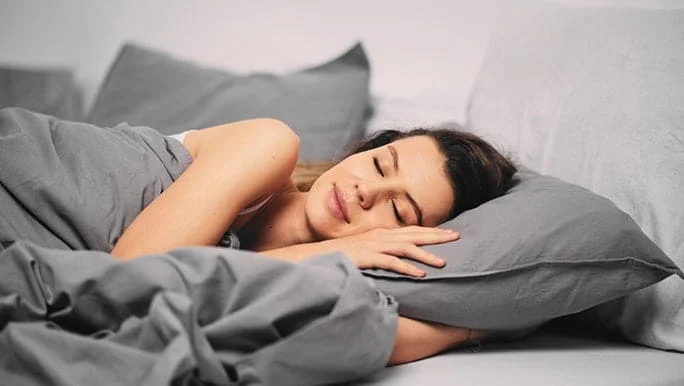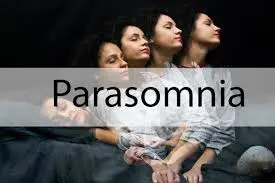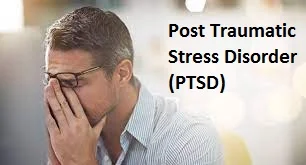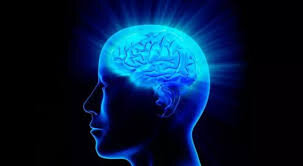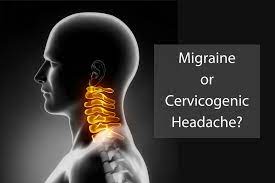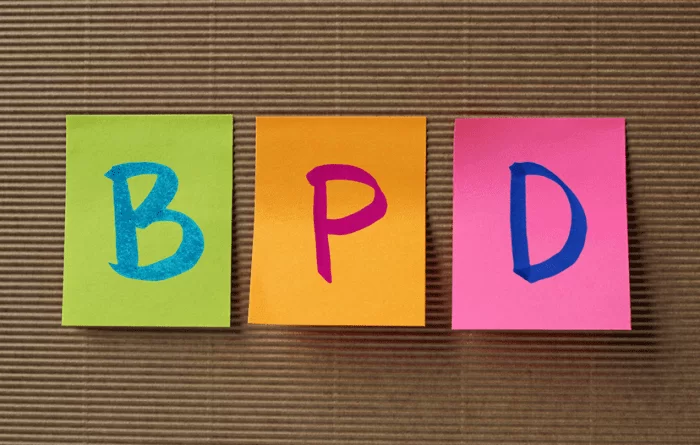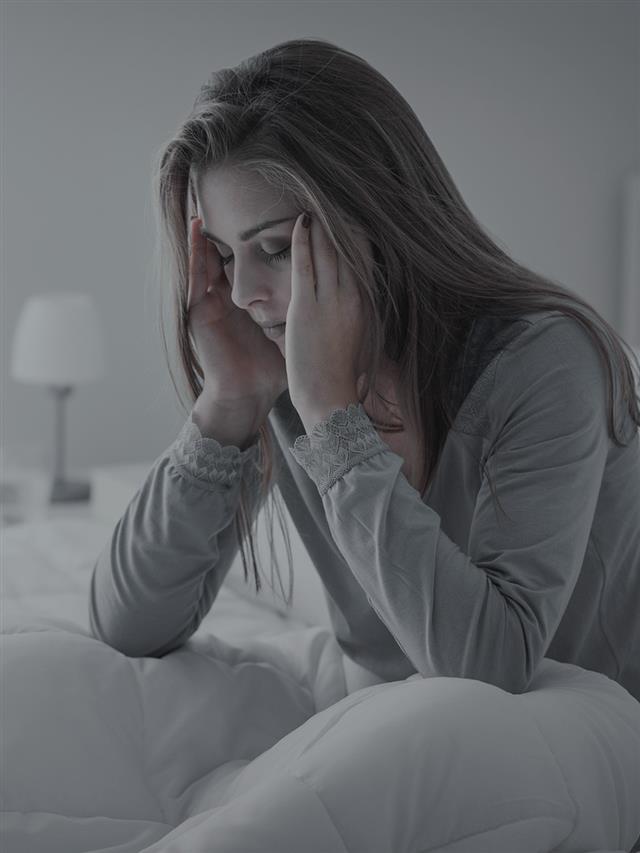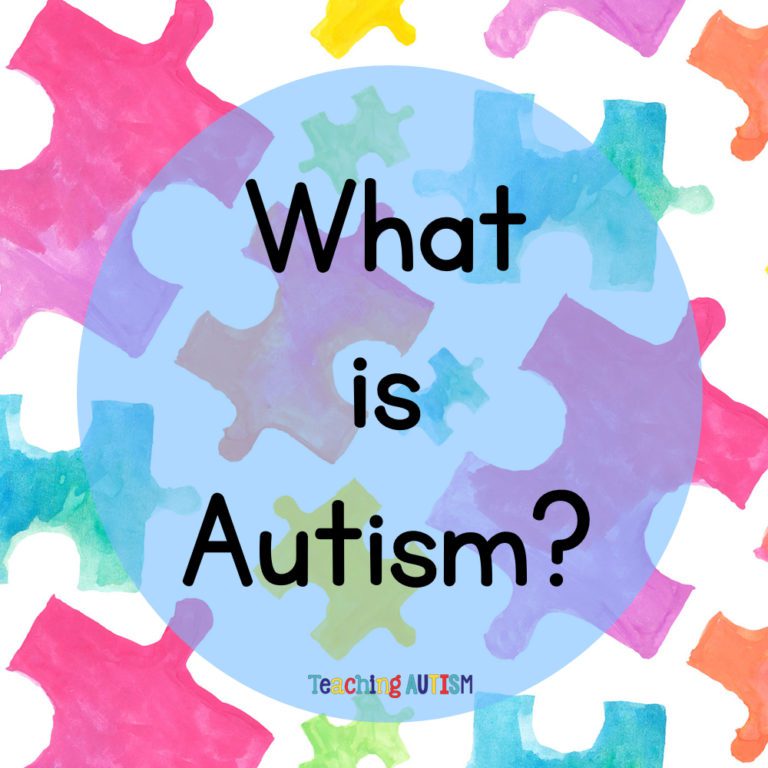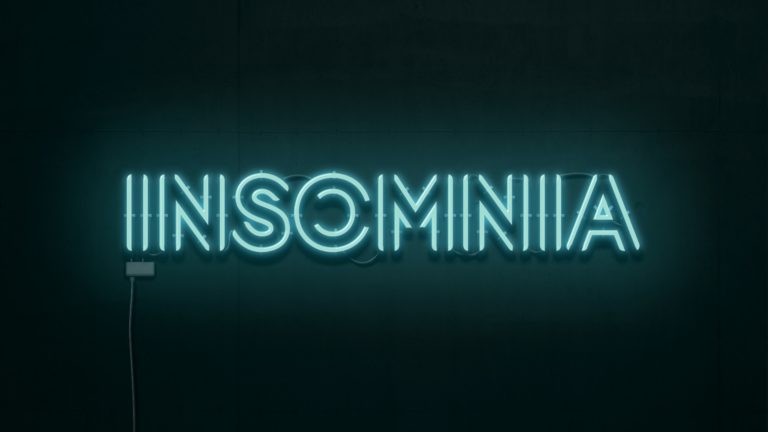Dissociative Amnesia
What is Dissociative Amnesia? Dissociative amnesia is when a patient’s mind blocks out important information about yourself, causing “gaps” in your memory. One of the most common reasons your mind blocks things out is to protect yourself from unpleasant, upsetting, or traumatic experiences. This is not the same as simply forgetting something. In most cases,…

